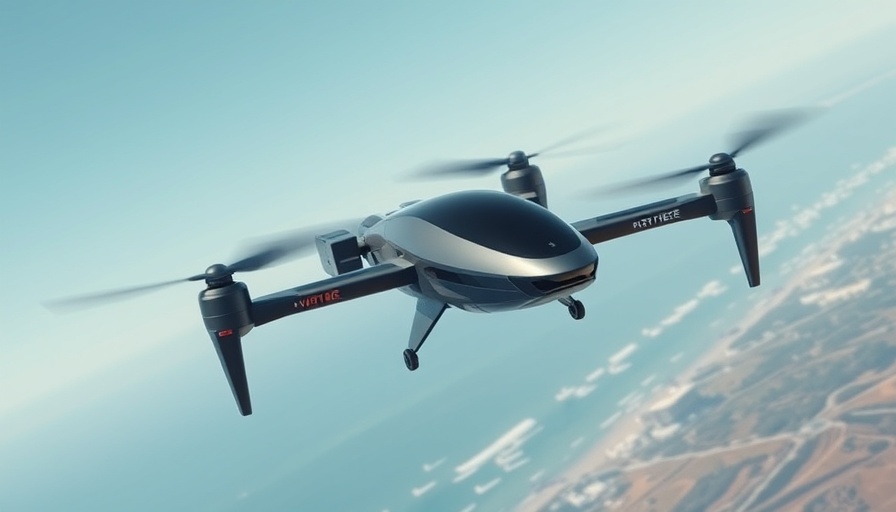
The FAA's Revolutionary Pilot Program: A Step Towards Advanced Air Mobility
The Federal Aviation Administration (FAA) has officially launched an innovative pilot program aimed at electric vertical takeoff and landing (eVTOL) startups. This program allows these companies to test critical operations before they obtain full regulatory certification, representing a significant shift in how air mobility technologies can be developed and refined.
Why This Program Matters
This pilot program is crucial for eVTOL startups that have faced prolonged waiting periods while seeking FAA approval. With the implementation of this initiative, companies such as Joby Aviation and Archer Aviation will be able to start meaningful testing and operational flights earlier than ever before. However, there are specific requirements to participate; applicants must collaborate with local, tribal, or territorial governmental entities, emphasizing a community-oriented approach.
What Does the Program Entail?
The FAA plans to approve at least five projects, which can run for up to three years and encompass various operational aspects, including:
- Short-range air taxis
- Longer-range fixed-wing flights
- Cargo hauling and logistics
- Emergency and medical supply services
- Increased automation safety
These projects are expected to deliver substantial data and insights that will inform future regulatory frameworks surrounding the advanced air mobility sector.
Collaborative Innovation: A New Business Model
The requirement for public-private partnerships signifies a new collaborative model within the technological innovation landscape. Startups will be empowered to deliver results while adhering to high safety standards set forth by the FAA. This could catalyze further developments across industries such as healthcare and logistics, where aerial transport can significantly enhance operational efficiency.
Industry Impact: Opportunities and Predictions
As eVTOL technology nears commercial rollout, industry professionals are keenly observing how these developments could transform everyday transportation. According to recent reports, advancements in drone technology and urban air mobility are seen as significant disruptions that will echo through various business sectors. An inclination towards sustainability means that the demand for innovative solutions that reduce carbon footprints and traffic congestion will continue to drive investments.
Moving Forward: What’s Next?
The application deadline for this pilot program is December 11, 2025, and successful operations may begin as early as 2026. For startups navigating an increasingly competitive tech ecosystem, seizing this opportunity could be pivotal for their growth trajectory. Professionals in tech-driven sectors should remain vigilant about similar initiatives that aim to foster innovation through regulatory flexibility.
In conclusion, the FAA's new program is a beacon of hope for the future of transportation technologies, encouraging startups not only to dream big but to also develop actionable solutions that align with safety standards. As this landscape evolves, stakeholders must focus on how these transformations can be leveraged for broader societal benefits.
Stay tuned to the latest in technology developments and learn how these disruptions can shape your business strategies in the years to come.
 Add Row
Add Row  Add
Add 




Write A Comment